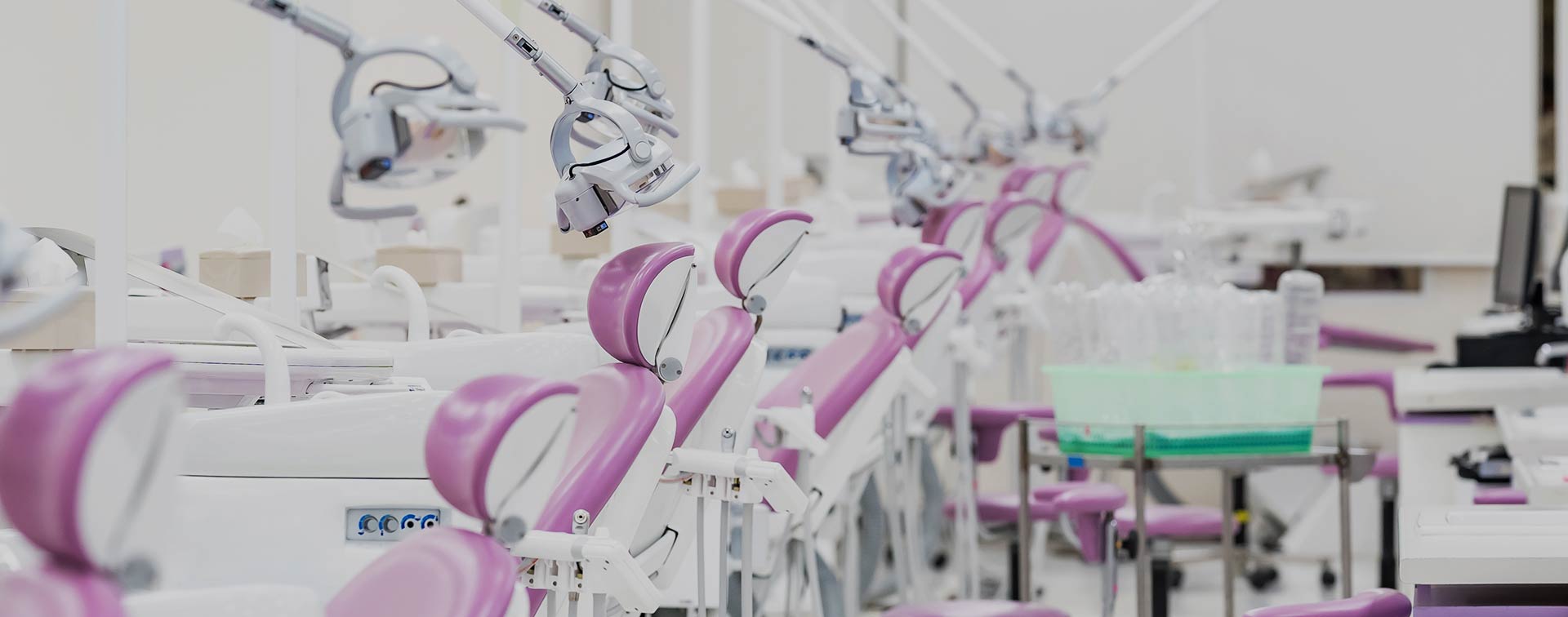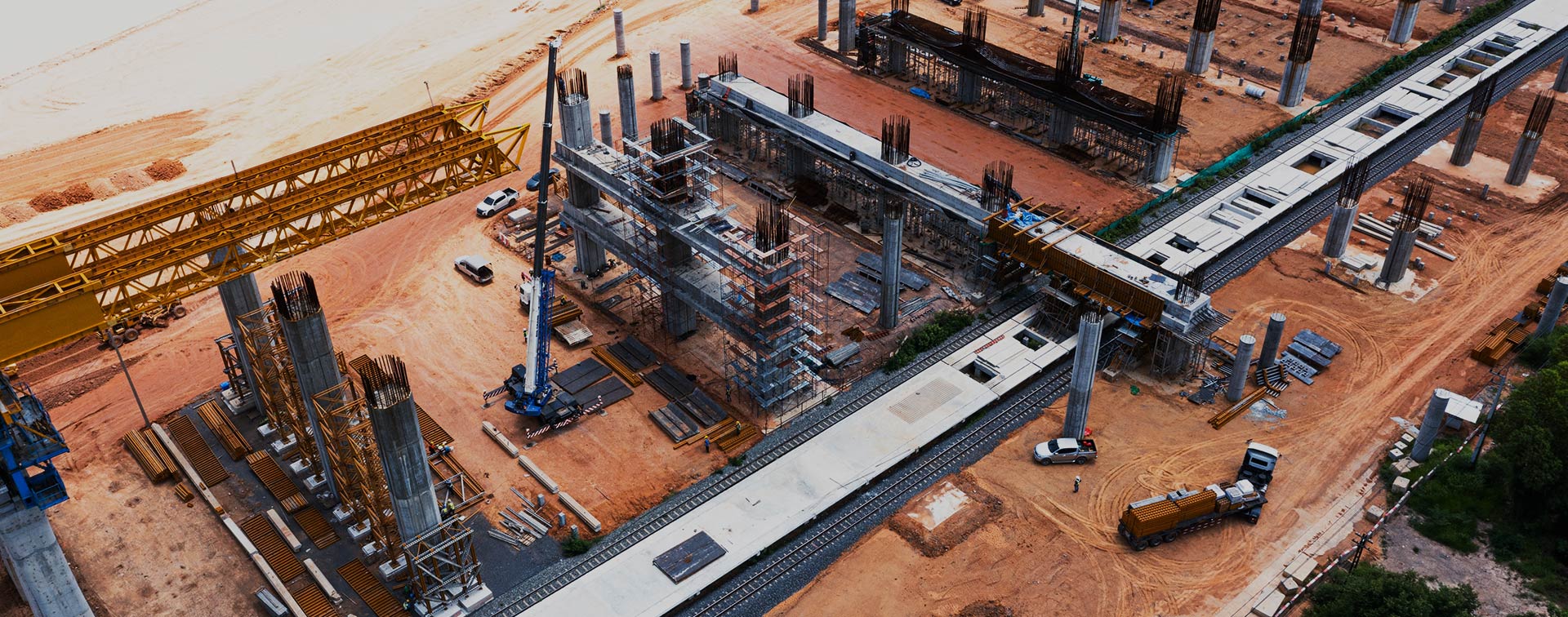SuiteWorld 2025 marked a turning point for NetSuite and its partners. From AI-driven workflows to intelligent field service innovations, the focus was clear: embed intelligence where work happens.
SuiteWorld was energizing and forward-looking. It’s always good to be in the room with the community: customers, partners, and innovators who drive this ecosystem forward. For us, the highlight was reconnecting with the NextService team, now part of Oracle, and spending time with people we’ve built alongside for years. It felt like a reunion with purpose, and a chance to look ahead together.
It was a great chance to catch up with Annaliese Kloe, Benjamin Castles, Andy Paine, Andrew Sleath, and Ben Gorena, felt like coming full circle. All were part of Next Technik, Klugo’s sister company and originally spun off of Klugo, when we first envisioned the need for a native Field Service Management solution inside NetSuite.
Our conversations naturally turned to the future, from AI’s growing role across NetSuite to the innovations shaping the roadmap for service and mobility. Their insights on the MCP framework, SuiteAgents, and the expanding possibilities for AI field service automation sparked plenty of ideas for how we can continue collaborating in this space.
Representing Klugo in Vegas, Kristin Steele, Chief Executive Officer, Anthony Neppe, Alliances Manager, and Gina Miele, Global Professional Services Manager, left inspired by how far the ecosystem has come and what’s ahead. We’re excited to keep building on that shared foundation, helping shape the next generation of field services within NetSuite.
The AI Shift, Built Inside the Work
This year’s announcements made one thing clear: AI isn’t a feature anymore, it’s becoming part of NetSuite’s foundation. The introduction of NetSuite Next, led by Evan Goldberg, Gary Wiessinger, and Brian Chess, showed how AI is being embedded into the flow of business operations across finance, service, and planning.
Ask Oracle, the new natural language assistant, stood out for its practicality. It can read documents, surface insights, and trigger actions directly within NetSuite, giving teams the ability to move from question to decision without leaving the system.
AI is now the engine driving how work gets done inside NetSuite.
Agentic workflows take that further, allowing AI-driven agents to act autonomously within governance boundaries. These agents, built through the new SuiteAgents and AI Connector Service (MCP), will enable partners to design domain-specific automation, from credit approvals to field service dispatch.
The AI Canvas brings scenario planning into the ERP itself, eliminating the back-and-forth of exporting data to external tools. Teams can test ideas, see the downstream impact, and trigger workflows once validated. Autonomous Close continues that momentum in finance, automating reconciliation and month-end tasks with built-in visibility and audit trails. Combined with Intelligent Payments, powered by BILL, these updates create a more continuous, touchless operating model.
What’s most encouraging is the balance between ambition and practicality. AI was framed not as a disruption but as an enabler: one that strengthens existing roles, speeds decisions, and gives teams back time for the work that needs human judgment.
Field Service Innovation at the Forefront
For those of us focused on field mobility and service delivery, the innovation in this area was a highlight. Intelligent Resource Allocation takes scheduling further by dynamically reassigning technicians based on skills, job priority, and proximity when urgent issues arise. It’s a meaningful advancement for industries where uptime and SLAs drive customer trust.
The field service demos showed what’s now possible when AI meets the platform. Technicians can access asset history, predict likely root causes, and see required parts before arriving on site. For service managers, predictive insights around parts usage, profitability, and resource efficiency are no longer out of reach: they’re embedded in the same workflow that closes the job.
Dictated notes are automatically structured and translated into the customer’s language for clean, real-time reporting.
The “AI inside the work” theme resonated strongly here. Instead of chasing another app or integration, service teams gain intelligence within the system they already use to plan, dispatch, and invoice. For industrial machinery and maintenance businesses, that’s where AI has immediate value: reducing downtime, eliminating repetitive admin, and improving the customer experience.
Collaboration and What Comes Next
SuiteWorld 2025 felt like the start of a new chapter in how partners will work with NetSuite. The expanded SuiteCloud platform, with support for TypeScript, SuiteScript 2.1, and open AI integration through MCP, opens the door for smarter, more flexible extensions. It gives Alliance Partners like Klugo the tools to deliver faster, more consistent projects while keeping governance intact.
We’re already mapping out how these tools could enhance our own delivery workflows. At Klugo, we plan to leverage AI to support project teams: tracking risks, automating data migration, and spotting process bottlenecks. The same capabilities we’ll eventually deploy for customers will first help us refine how we manage and deliver NetSuite projects.
AI can empower partners to deliver NetSuite projects faster, smarter, and with greater consistency.
That’s the real opportunity ahead. As NetSuite continues its shift into an AI-native platform, partners who build, test, and apply these tools early will help shape how the ecosystem evolves. We’re excited to be part of that conversation and to collaborate with NetSuite and other partners on bringing these capabilities to life in the industries we know best: field service, industrial machinery, maintenance, repair, HVAC, energy and renewables, mining, agriculture and construction services.
SuiteWorld 2025 wasn’t just about what’s coming next, but how we’ll build it together.


